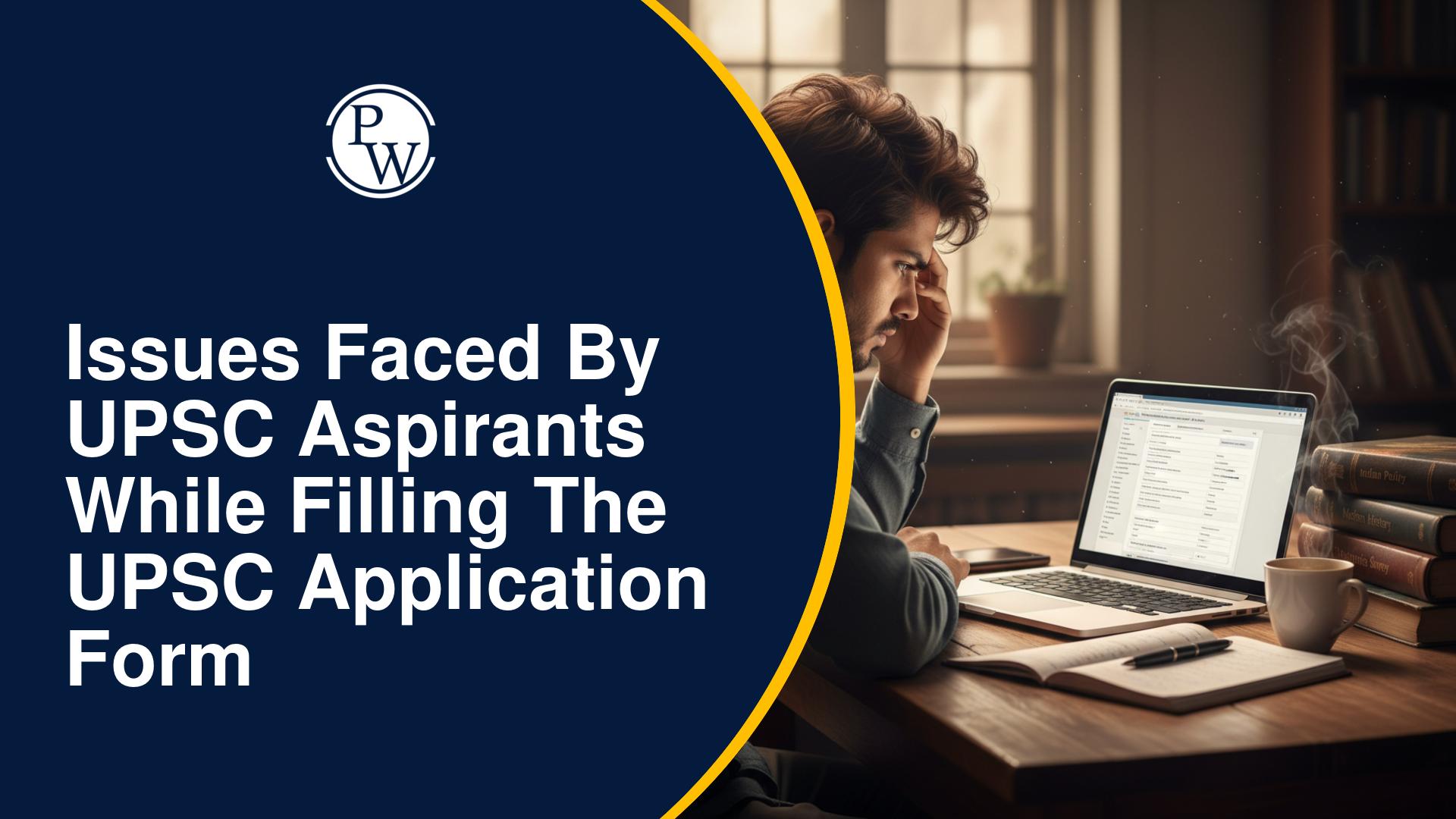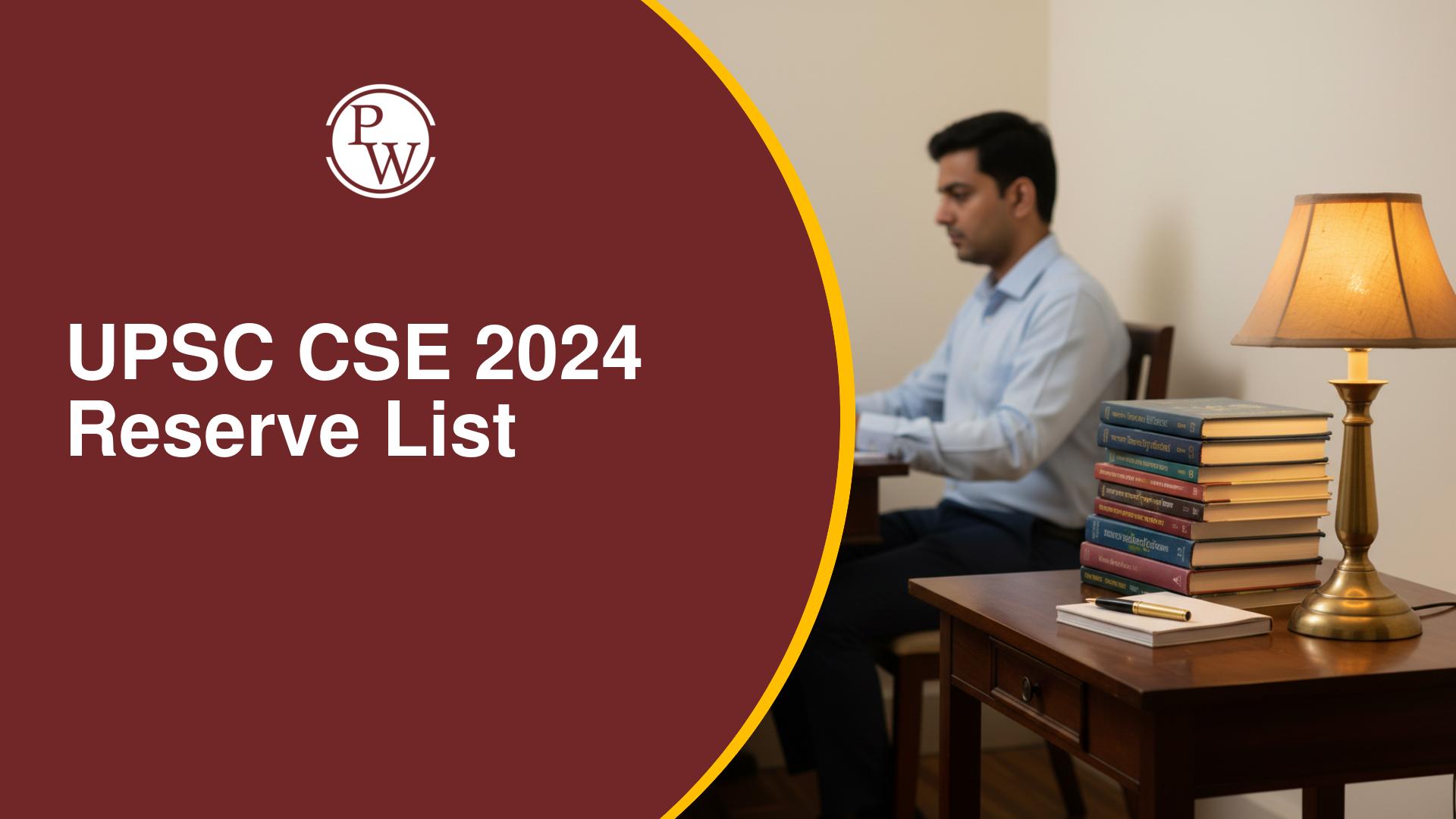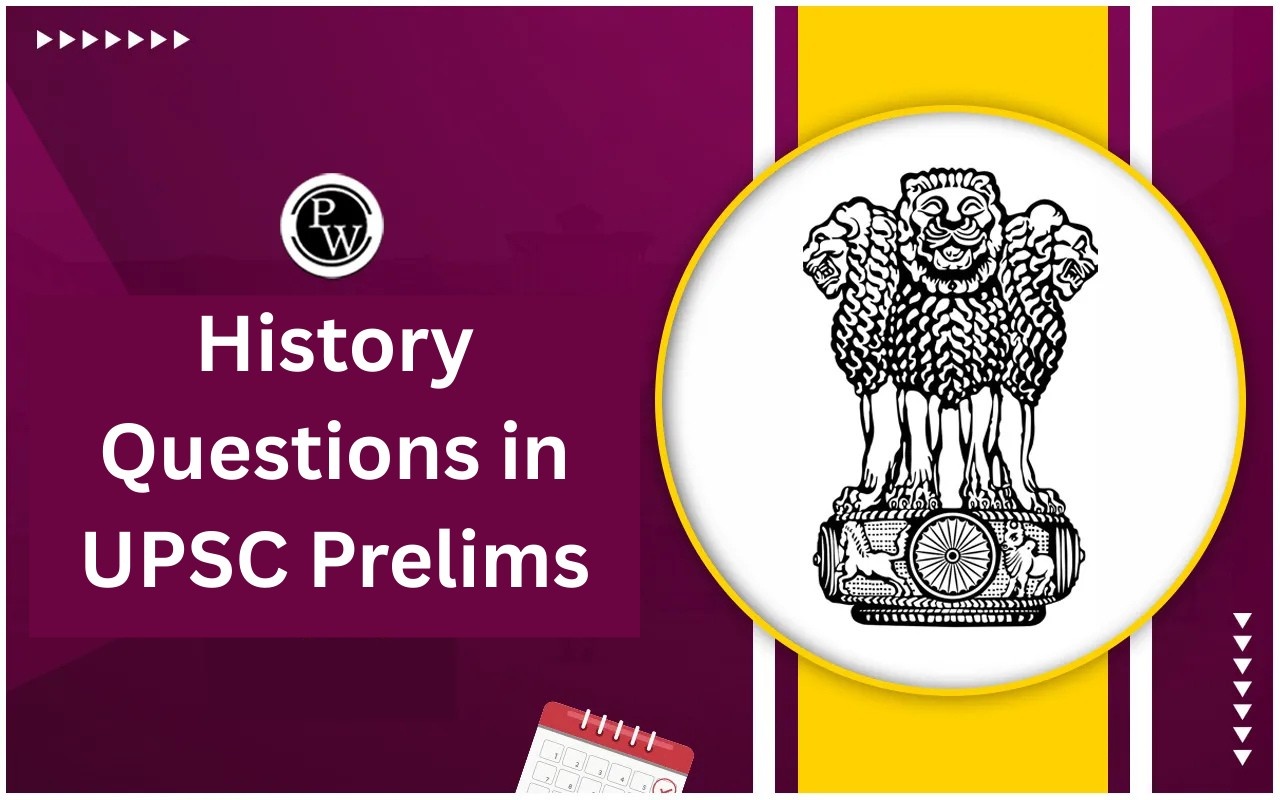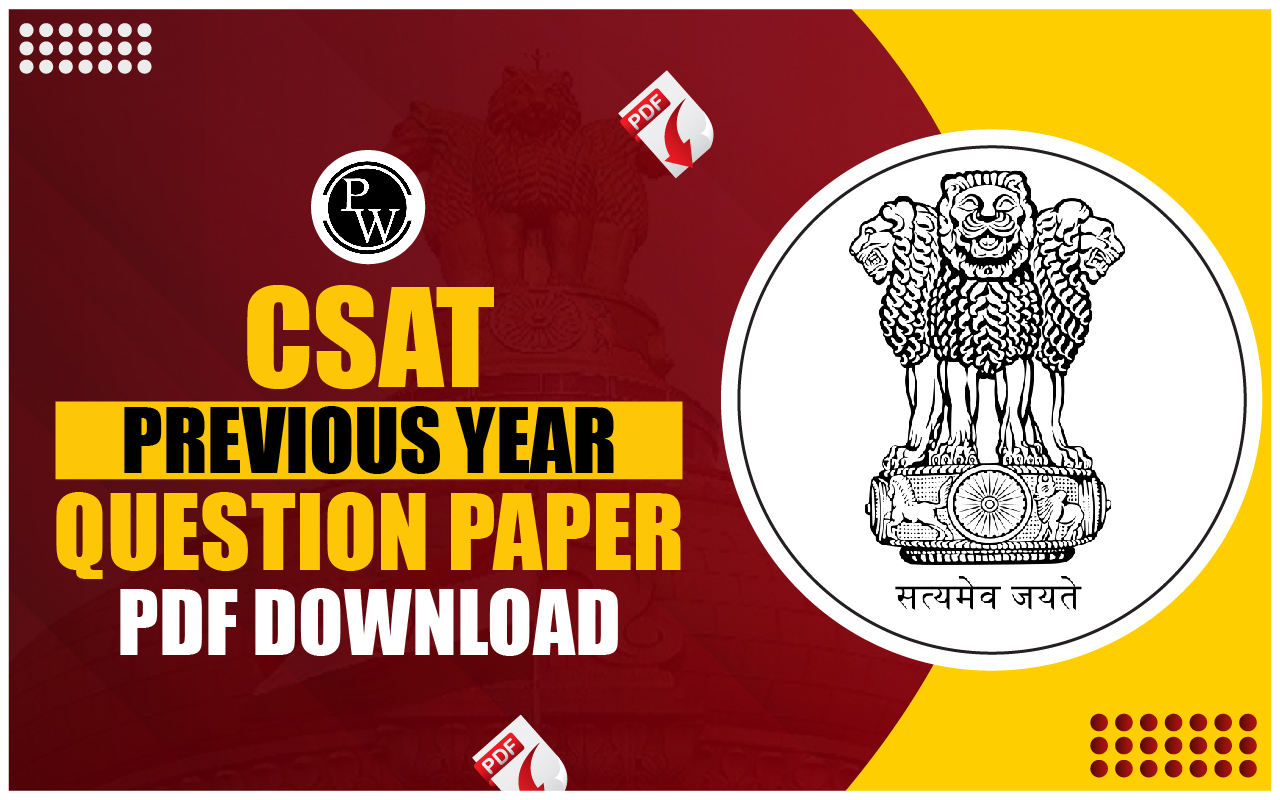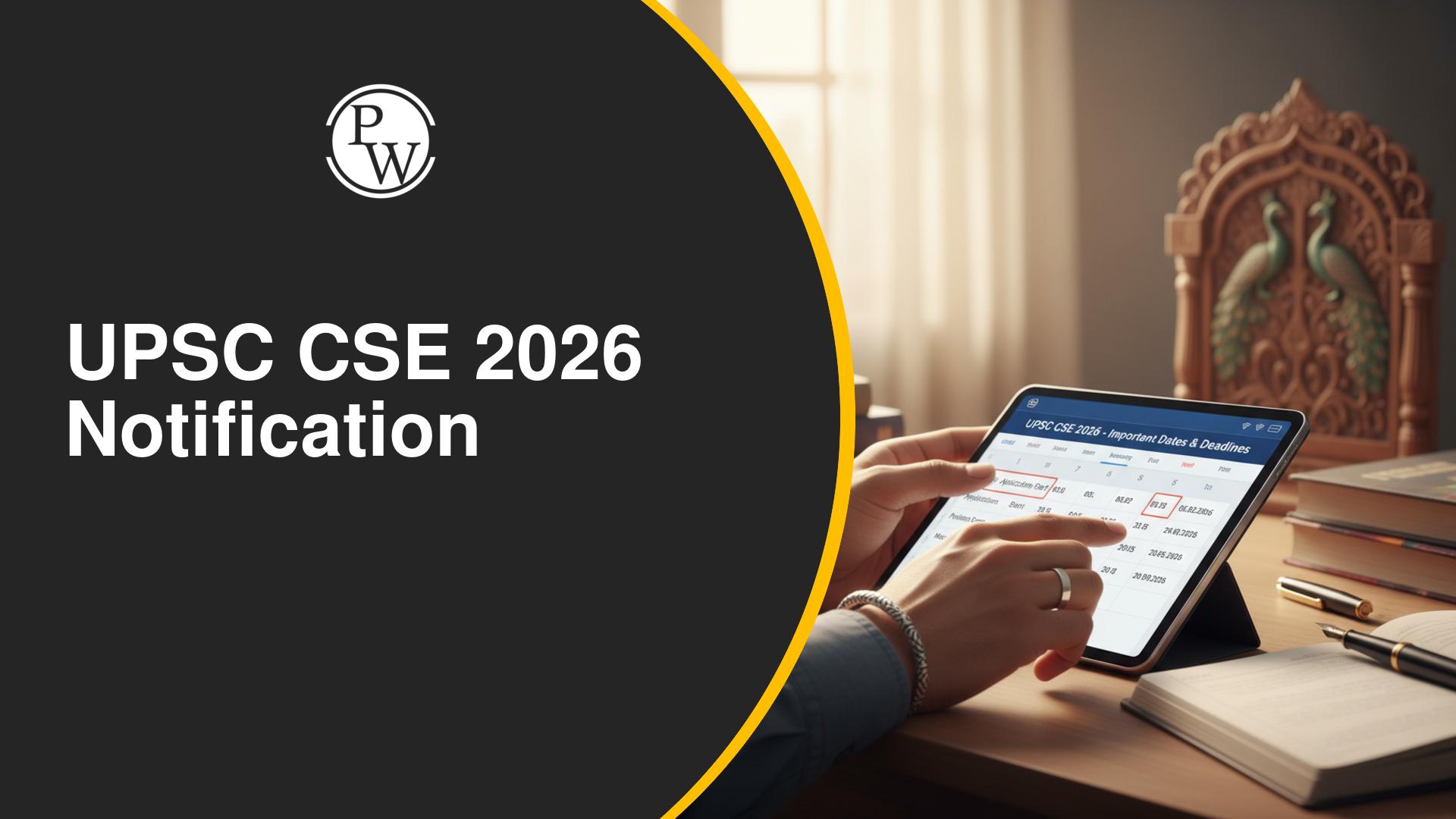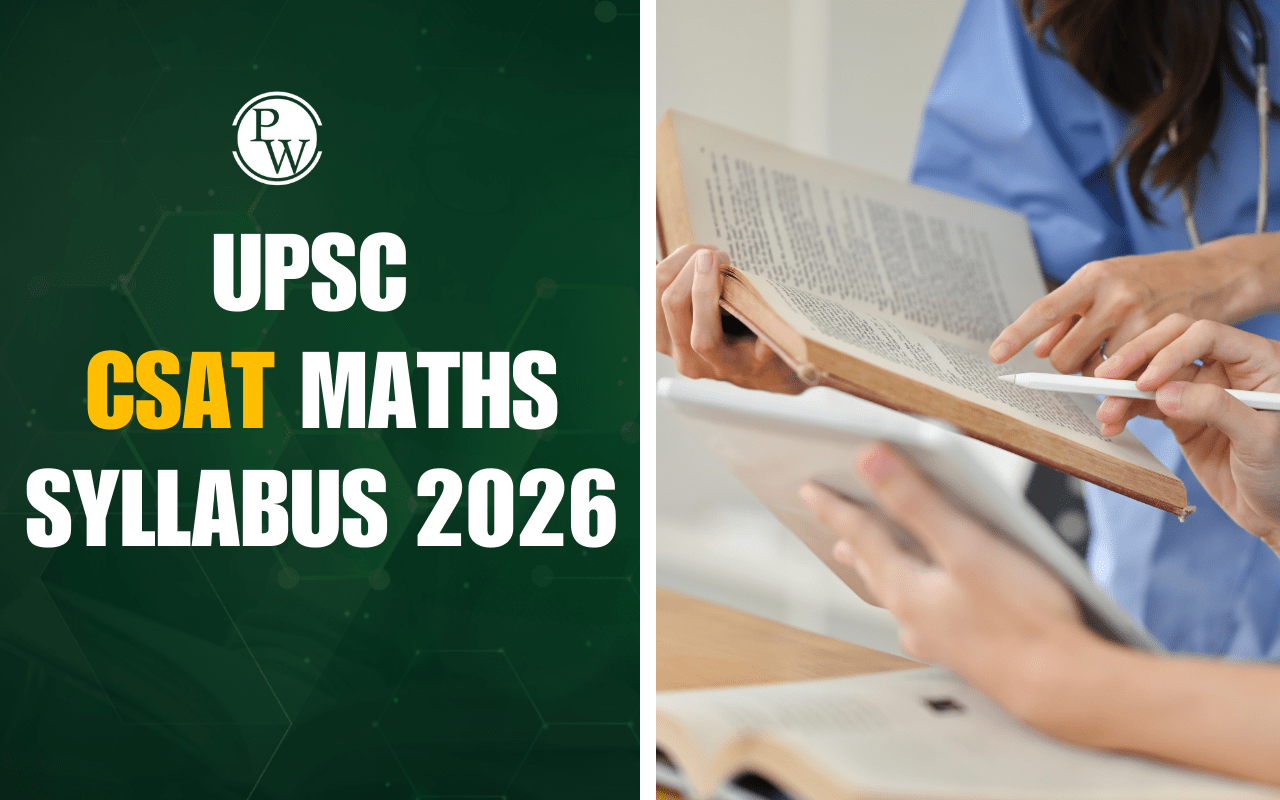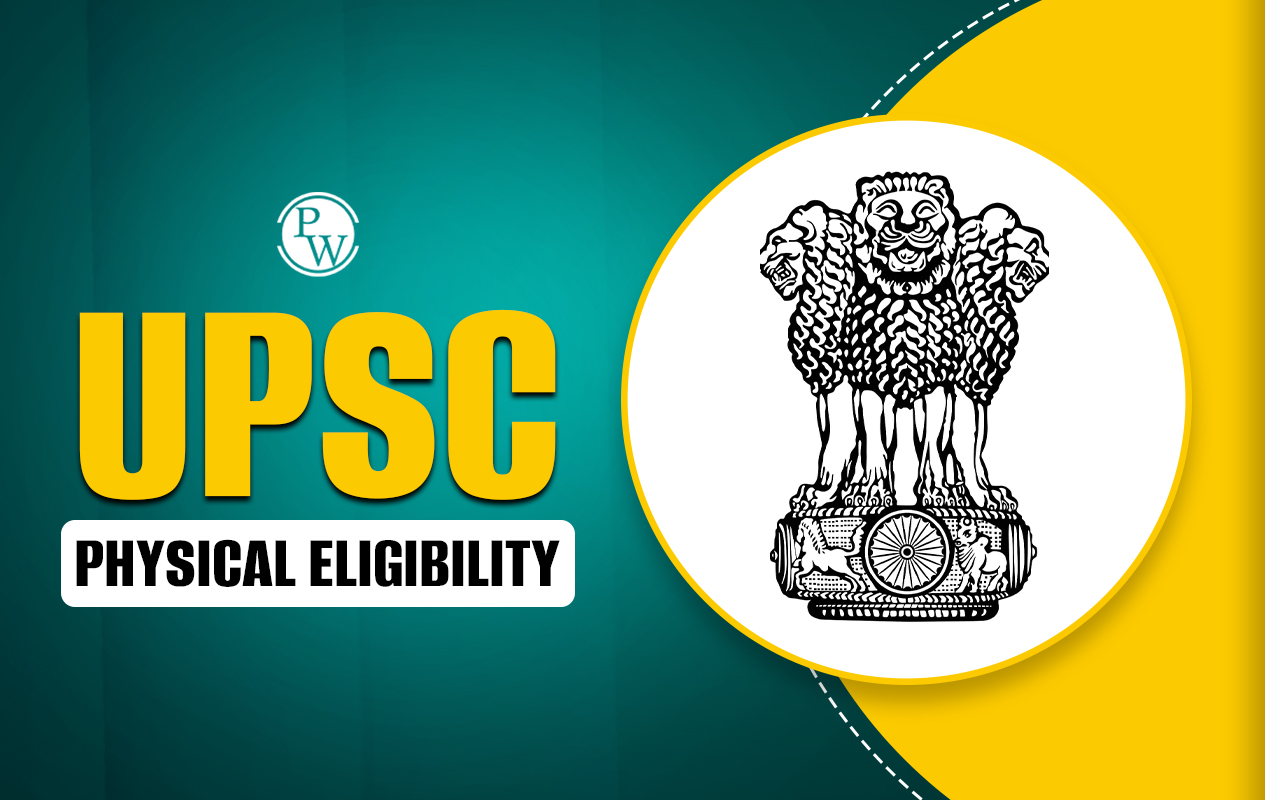
UPSC Hindi Literature Optional stands out as a popular and preferred choice for candidates who possess a good understanding of the language. Known for its rich literary heritage, depth of analysis, and structured format, the syllabus is designed to test a candidate's understanding of the Hindi language, literature, and critical appreciation.
UPSC Hindi Literature Optional Syllabus includes a comprehensive study of ancient and modern prose, poetry, literary criticism, and prominent writers who have shaped Hindi literature over the centuries. For Civil Service exam aspirants with a strong command over Hindi and a genuine interest in literary studies, this optional can be both rewarding and scoring, provided the syllabus is approached with the right strategy and dedication. Find it here!
UPSC Hindi Literature Optional Syllabus 2025
The Hindi Literature Optional Syllabus encompasses significant literary masterpieces, poets, dramatists, and essayists, offering a comprehensive insight into the development and diversity of Hindi literature. Success in this optional subject demands more than rote memorization; it calls for deep understanding, interpretation, and appreciation of literary themes and styles. Let us take a detailed look at the complete Hindi Literature Optional syllabus:
Hindi Literature Optional Syllabus For Paper I
The UPSC Hindi Literature Optional Paper I Syllabus covers a broad spectrum of Hindi literary works, spanning from the classical to the modern period. It includes the study of classical poetry by iconic poets such as Kabir, Surdas, and Tulsidas, as well as modern literary voices like Nirala and Mahadevi Varma. Candidates explore classical and medieval prose, particularly from the Bhakti and Riti traditions, alongside modern prose forms such as essays, biographies, and literary criticism. A strong command of literary analysis and historical context is essential, as answers must be written in Hindi.
Below is the complete syllabus for Hindi Literature Optional Paper I for the UPSC Mains exam:
| Section A: History of Hindi Language and Nagari Lipi |
|
| Section B: History of Hindi Literature |
|
Hindi Literature Optional Syllabus For Paper II
The UPSC Hindi Literature Optional Paper II Syllabus focuses on the historical evolution, critical analysis, and socio-cultural context of Hindi literature. It traces the development of Hindi literary traditions from their origins to the modern era, helping candidates understand major literary movements, prominent writers, and critical thought in Hindi literature. Emphasis is placed on examining texts within their historical and cultural frameworks. All answers must be written in Hindi.
Below is the complete syllabus for Hindi Literature Optional Paper II for the UPSC Mains:
| Section A |
|
| Section B |
|
Exam Pattern of Hindi Literature Optional For UPSC Mains
The exam pattern for Hindi Literature Optional is as follows:-
- The UPSC main exam is divided into two papers, i.e., Paper-1 and Paper-2.
- Both Paper I and Paper II carry 250 marks each, for a total of 500 marks for the Hindi Literature optional papers.
- In both Paper I and Paper II of Hindi Literature, optional candidates have to attempt FIVE questions in all. THREE hours are allotted to attempt each paper.
- Ques Number 1 and 5 from both papers are compulsory to attempt, and out of the remaining questions, THREE (3) are to be attempted, choosing at least ONE (1) question from each section.
| Hindi Literature Optional Exam Pattern | |
| Particular | Details |
| Total Papers | Two papers, Paper I and Paper II |
| Total Marks | 500 (250 Each) |
| Time allowed | 3 Hours for each paper |
| Sections | Section A and Section B |
| Questions | total 8 questions with subparts |
| Compulsory Question | Question Nos. 1 and 5 |
| Marks Distribution | 10, 15, and 20 marker questions |
| Writing Language | Hindi |
Recommended Books For Hindi Literature Optional UPSC Mains
Below is the list of books for Hindi Literature Optional Paper I and II for UPSC Mains Exam:-
- Aadhunik Sahitya ki Pravritiyan – Namavar Sinha (आधुनिक साहित्य की प्रवृत्तियाँ - नामवर सिन्हा)
- Jaayasee Aakalan ke Aayaam- Sadanand Shaahee (जायसी आकालन के आयाम - सदानंद शाही)
- Kabeer –Param Anand Srivastav (कबीर-परम आनंद श्रीवास्तव)
- Kabeer ke Sabad – Dr. Sukadev Sinha (कबीर के सबद - डॉ. सुकदेव सिन्हा)
- Khadi Boli ka Prarambhik Swaroop – Nilesh Jain (खड़ी बोली का प्रारम्भिक स्वरूप - नीलेश जैन)
- Mahaabhoj Mulyankan ke Paripekshy – Sadaanand Shaahee (महाभोज मुल्यंकाण के परिपेक्ष्य - सदानंद शाही)
- Mohan Raakesh aur Ashadh ka Ek din –Gireesh Rastogi (मोहन राकेश और आषाढ़ का एक दिन -गिरीश रस्तोगी)
- Niraala Rachita Raam Kee Shakti Pooja Bhaashy –Dr. Surya Prasaad Dikshit (निराला रचिता राम की शक्ति पूजा भाष्य -डॉ. सूर्य प्रसाद दीक्षित)
- Prasāda Aura Skandgupta – Dr. Rēvatīramana (प्रसाद आभा स्कंदगुप्त - डॉ. रेवतीरमण)
- Triveni – Acharya Ramachandra Shukla (त्रिवेणी-आचार्य रामचन्द्र शुक्ल)
- Other books are mentioned in the syllabus.
Hindi Literature Optional Question Papers
The table below contains the list of Previous year question papers of Hindi Literature Optional subject, which is distributed year wise:| Hindi Literature Optional Paper 2024 | |
| Hindi Literature Optional Paper I | Hindi Literature Optional Paper II |
| Hindi Literature Optional Paper 2023 | |
| Hindi Literature Optional Paper I | Hindi Literature Optional Paper II |
| Hindi Literature Optional Paper 2022 | |
| Hindi Literature Optional Paper I | Hindi Literature Optional Paper II |
| Hindi Literature Optional Paper 2021 | |
| Hindi Literature Optional Paper I | Hindi Literature Optional Paper II |
| Hindi Literature Optional Paper 2020 | |
| Hindi Literature Optional Paper I | Hindi Literature Optional Paper II |
How to Prepare For UPSC Hindi Literature Optional?
Preparing for the UPSC (Union Public Service Commission) examination with Hindi Literature as an optional subject requires a systematic approach and dedication. Here's a step-by-step guide to help you prepare effectively:- Understand the Syllabus: Begin by thoroughly understanding the syllabus provided by UPSC for Hindi Literature optional. It will give you a clear idea of what topics you need to cover.
- Collect Study Material: Gather all the necessary study material, including textbooks, reference books, previous years' question papers, and study guides. Make sure to choose quality resources recommended by toppers or experienced mentors.
- Create a Study Plan: Devise a comprehensive study plan covering all the topics mentioned in the syllabus. Allocate sufficient time for each topic based on its weight and your proficiency level.
- Read the Classics: Hindi literature has a rich tradition of literary classics. Start with reading the works of renowned Hindi authors and poets such as Munshi Premchand, Harivansh Rai Bachchan, Mahadevi Varma, Ramdhari Singh Dinkar, etc. Analyse their writing style, themes, and contributions to Hindi literature.
- Analyse Literary Criticism: Understand different literary theories and criticism relevant to Hindi literature. Study the critical interpretations of major works and authors. This will help you write analytical answers in the exam.
- Practice Writing: Regularly practice answer writing to improve your writing skills and time management. Solve previous years' question papers and mock tests to get familiar with the exam pattern and to assess your preparation level. Stay relevant to what is asked in the question.
- Use Other Language Literature: Enrich your answer using references from other literature such as Sanskrit , Marathi , English , Tamil , Greek , etc. This will add uniqueness to your answer and give you a competitive edge.
- Stay Updated: Keep yourself updated with recent developments in Hindi literature. Follow literary magazines, journals, and online platforms dedicated to Hindi literature to stay informed about contemporary authors, trends, and debates.
- Revise Regularly: Revision is crucial to retain information and reinforce your understanding of various topics. Set aside time for regular revisions in your study schedule.
Get ready for the UPSC exam. Explore PW UPSC Courses!
UPSC Hindi Literature Syllabus FAQs
हिंदी लिटरेचर में क्या पढ़ाया जाता है?
यूपीएससी में हिंदी साहित्य का सिलेबस क्या है?
हिंदी साहित्य के लिए कौन सी बुकलिस्ट यूपीएससी के लिए वैकल्पिक है?
हिंदी साहित्य में क्या पढ़ना पड़ता है?

